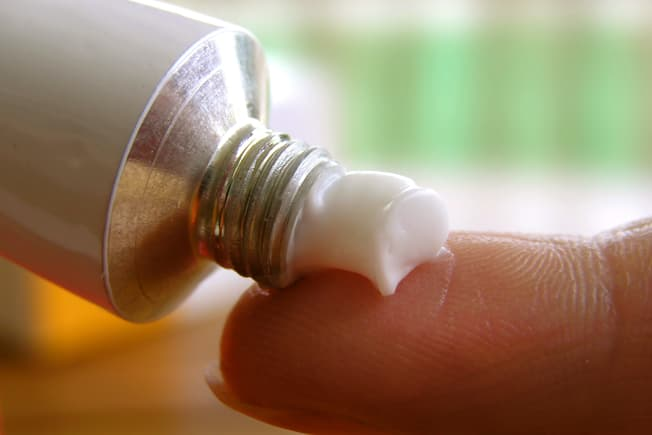Some things that you usually use to apply on your face according to the advice of people around, but it should be noted that there are things that do not bring real skin care effects, even harm the skin like honey. , lemon juice, coconut oil,...

1. Hydrogen Peroxide
It’s a popular zit fighter because it kills bacteria living on your face. But hydrogen peroxide can damage your own skin cells, including fibroblasts that help make new tissue and heal wounds. Also avoid it for cleaning cuts and scrapes. Use soap and water instead. Hydrogen peroxide might irritate your already fragile skin.
2. Breast Milk
This liquid gold has long been known for its bevy of health benefits for babies. Now some spas are offering breast milk facials to tamp down pimples and to soothe skin. It won’t hurt you. But you’re better off using a cream or other products that contain lauric acid, the fatty compound found in mother’s milk.
3. Witch Hazel
This plant is a common natural remedy to treat acne, tighten pores, and fight greasiness. Witch hazel acts as an astringent, a type of chemical that causes your skin tissue to contract. But toners that contain witch hazel can strip all the natural oils from your skin. That might lead to irritation, dryness, and even allergic reactions.
4. Hydrocortisone Cream
This medication is a balm for red, itchy, swollen skin. So you might be tempted to smear it on if you have rosacea or similar conditions. But this type of steroid cream thins the skin, so the blood vessels on your face are more likely to burst. It also can force your oil glands to go into overdrive, leading to what’s called “steroid acne.” It’s OK to apply a small amount for bug bites and itchy rashes for a day or two.
5. Deodorant
If beads of sweat are always rolling down your face, swiping an antiperspirant over your brows, cheeks, and elsewhere may seem like a clever solution. It isn’t. Deodorant sticks and rollers can clog pores and make you break out. The skin on your face is also sensitive, and you might get an allergic reaction. See a dermatologist instead. They may curb your sweaty glands with prescription medications or Botox.
6. Honey
This sweet stuff has been used to treat wounds since ancient times. Today, some folks dab it on to banish acne. Honey helps to keep germs at bay and lessens inflammation. But it probably doesn’t do much. One study found that honey worked no better than antibacterial soap. If you still want to try it, look for manuka honey that has a minimum rating of 10 UMF to ensure it has enough germ-fighting power.
7. Hair Spray
It’s a handy and effective fix to stop a run in your stocking or to get rid of static cling. But don’t use hair spray to set your makeup. The same ingredients that make hair stick also can dry out your skin or trigger an allergic reaction. A makeup setting spray is a better choice.
8. Lemon Juice
It’s loaded with vitamin C, which can brighten skin and smooth fine lines. But lemon juice is acidic and can irritate your face. You also might end up with an ugly rash from phytophotodermatitis, a skin reaction that happens if you expose chemicals in certain plants and fruits to sunlight or other ultraviolet light. The rash goes away on its own, but it can be uncomfortable..
9. Coconut Oil
If you believe the hype, it’s a magic elixir for beautiful skin. It’s true that coconut oil is rich in lauric acid, which has proven zit-fighting powers. But it’s also about 90% saturated fat, which can clog your pores. Use it as much as you want on your body -- in fact, research shows it can help with severe dryness or eczema -- but keep it away from your face.
10. Very Hot Water
Wash your face following the Goldilocks rule: not too hot, not too cold, but just right. High-temperature water strips your skin of moisture. When that happens, your skin’s oil glands try to replace it by churning out even more oil. The result? Acne breakouts.